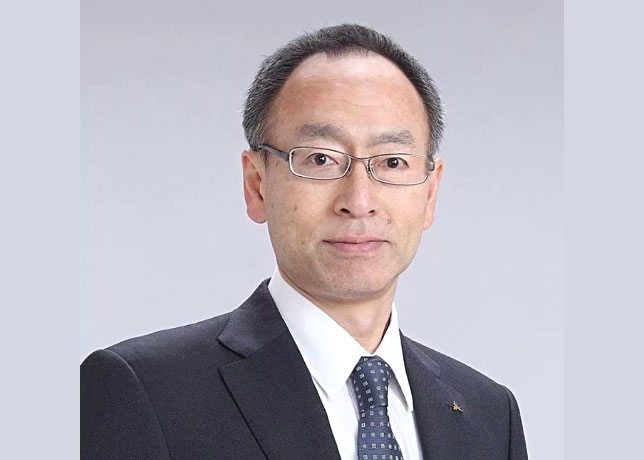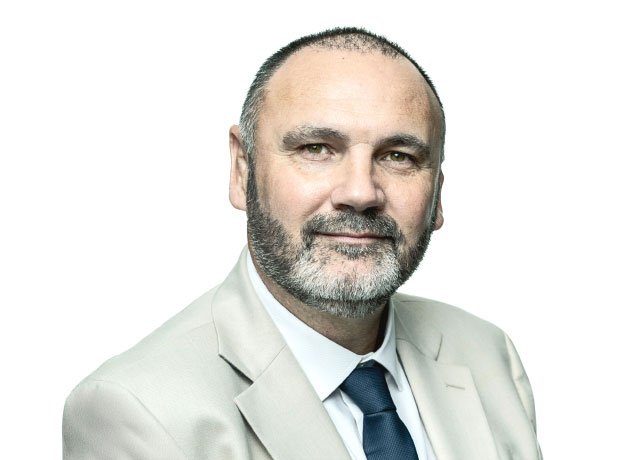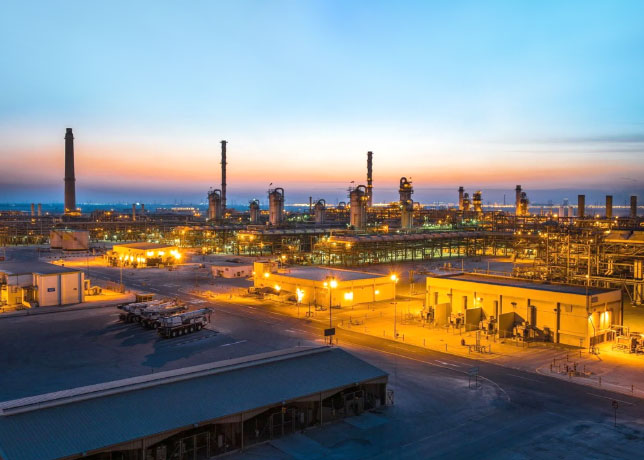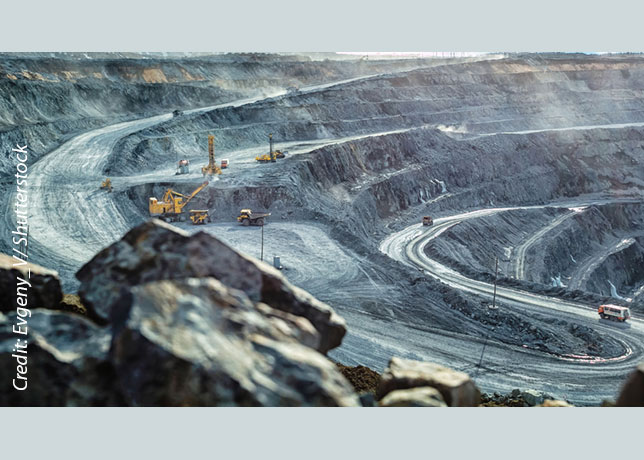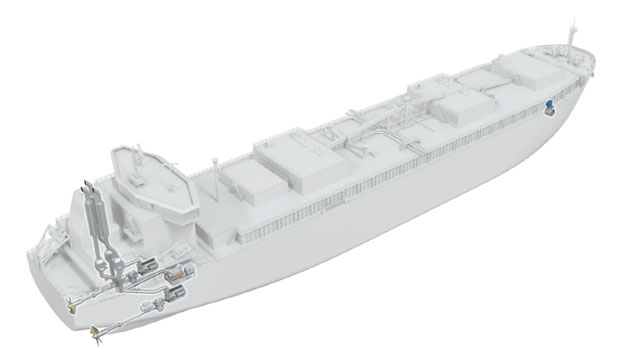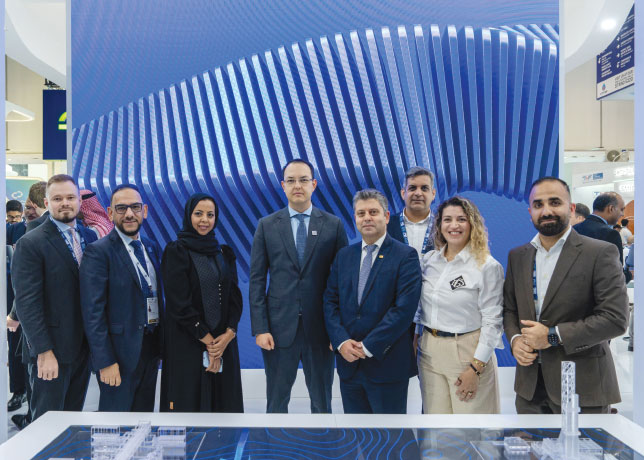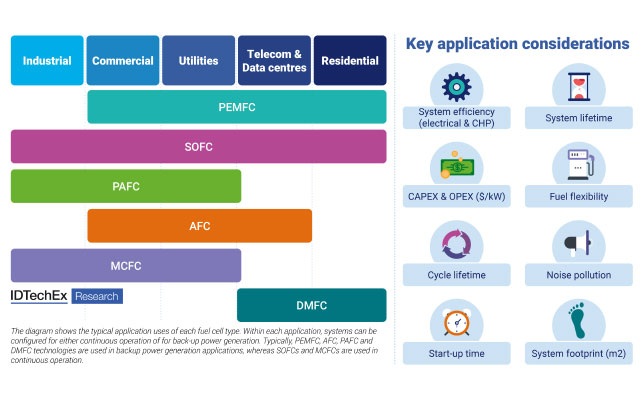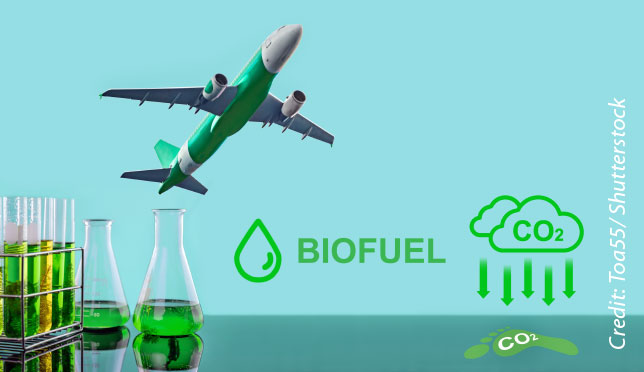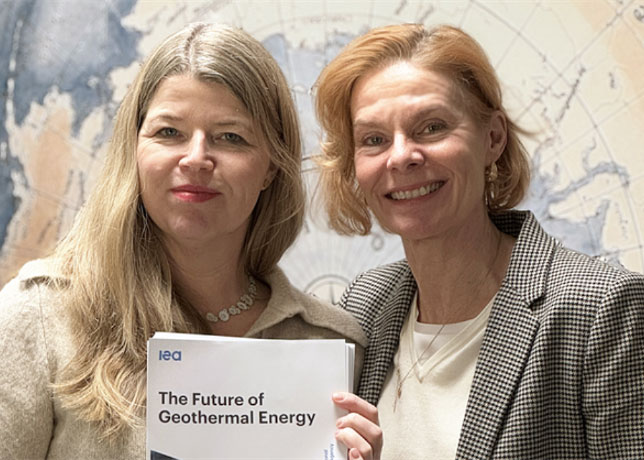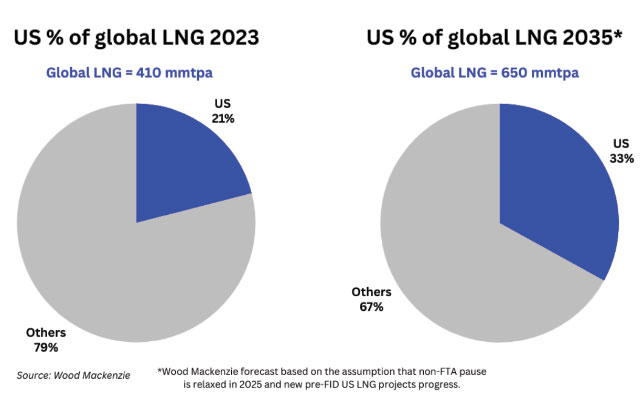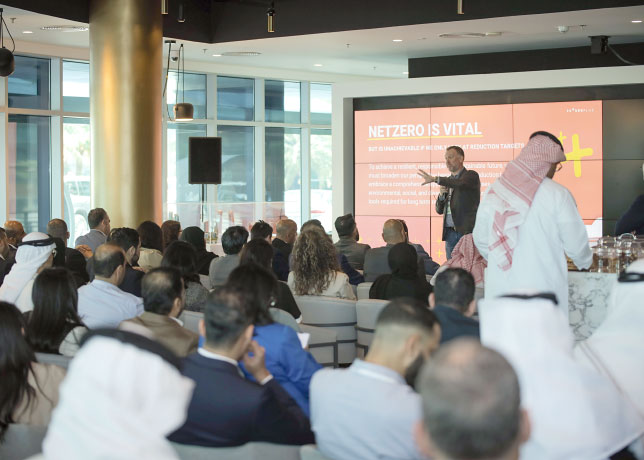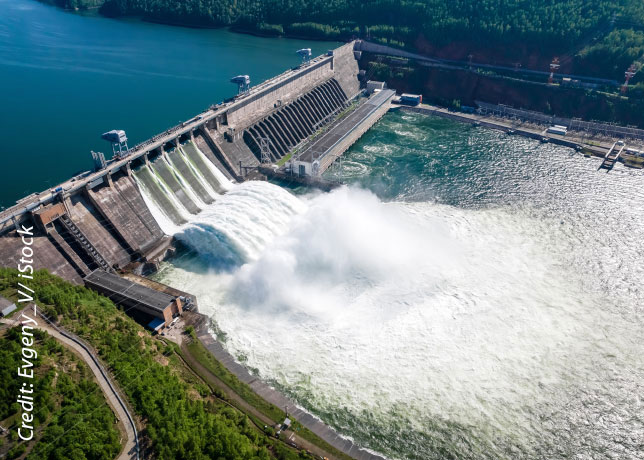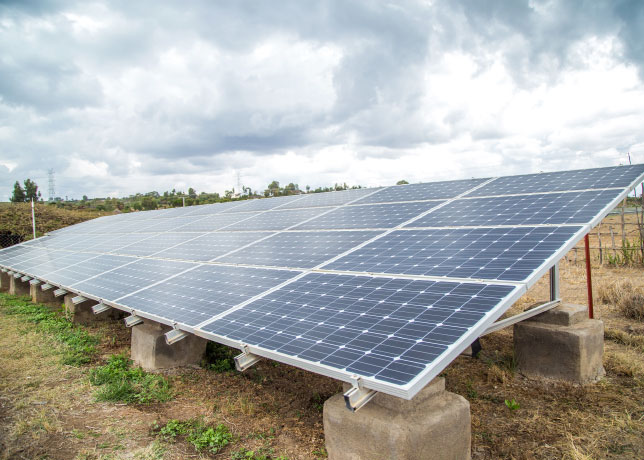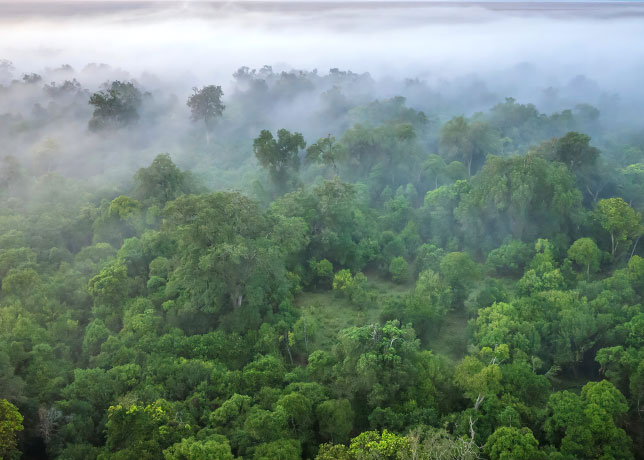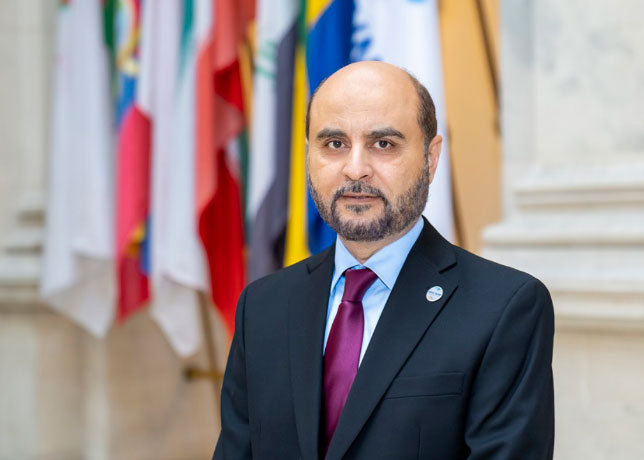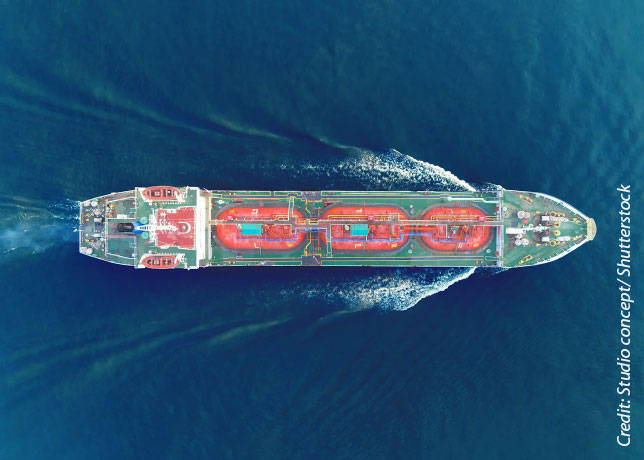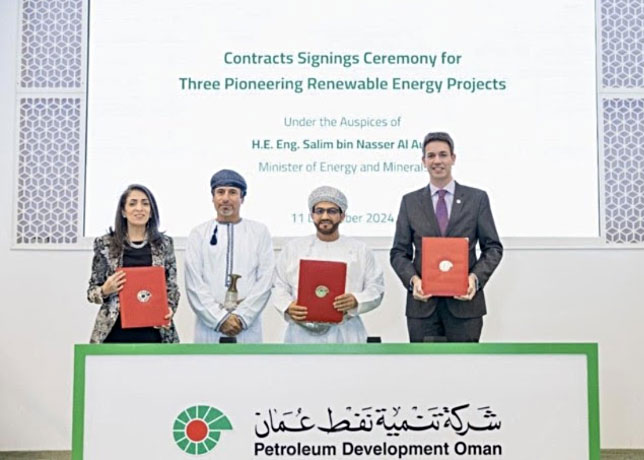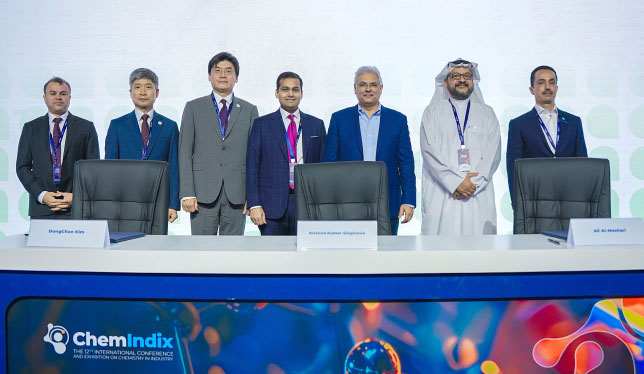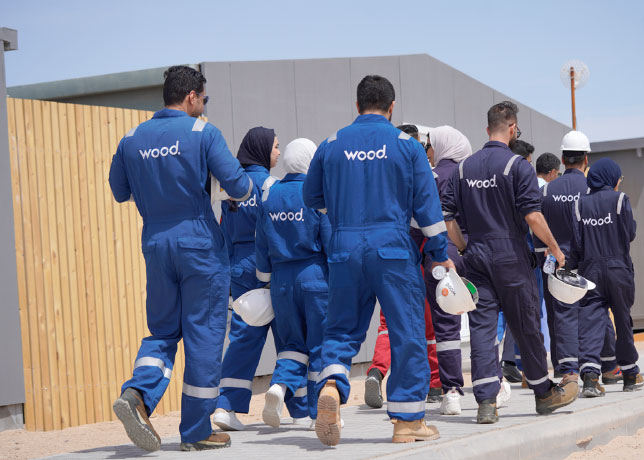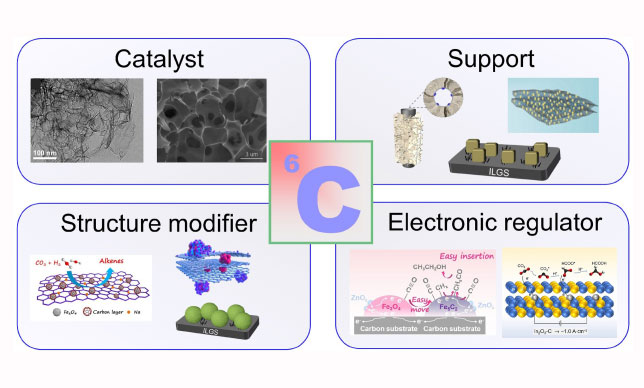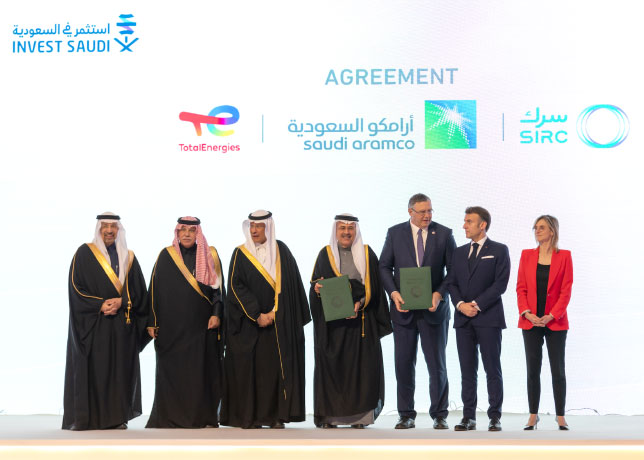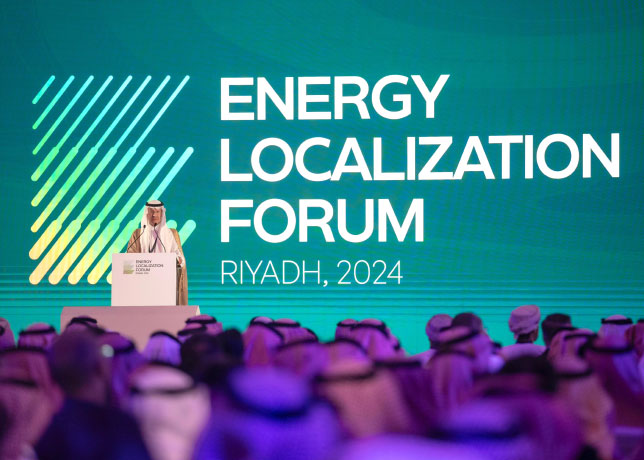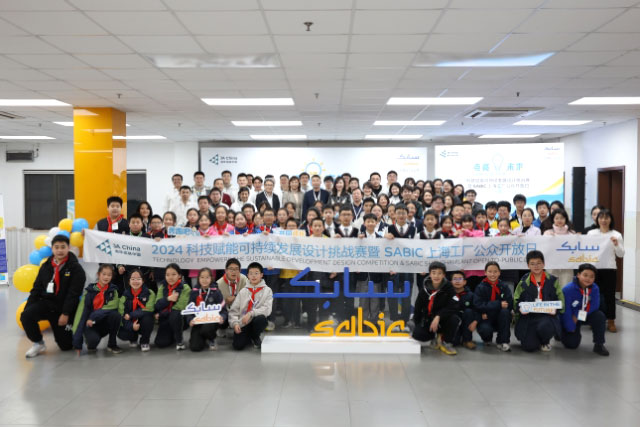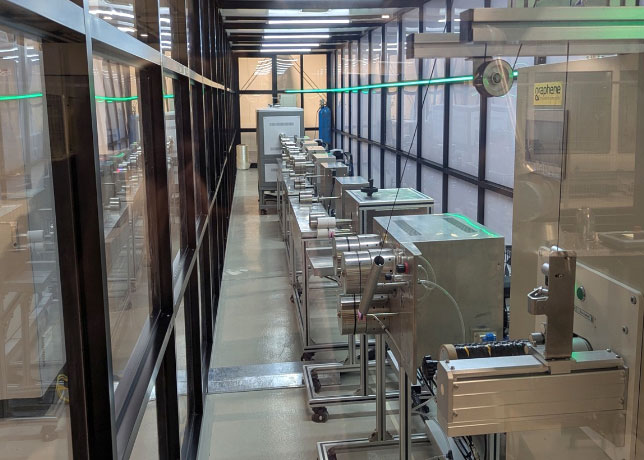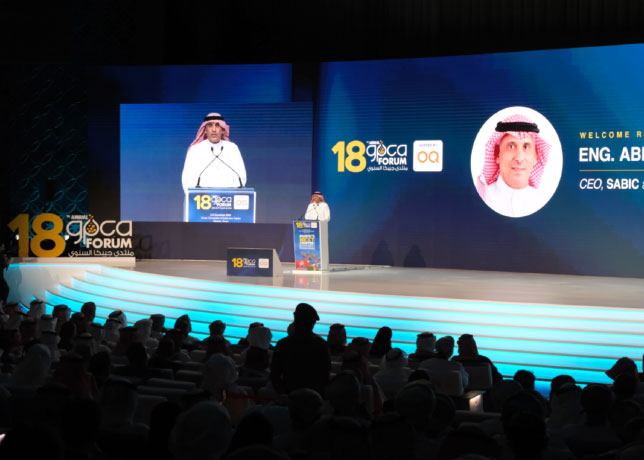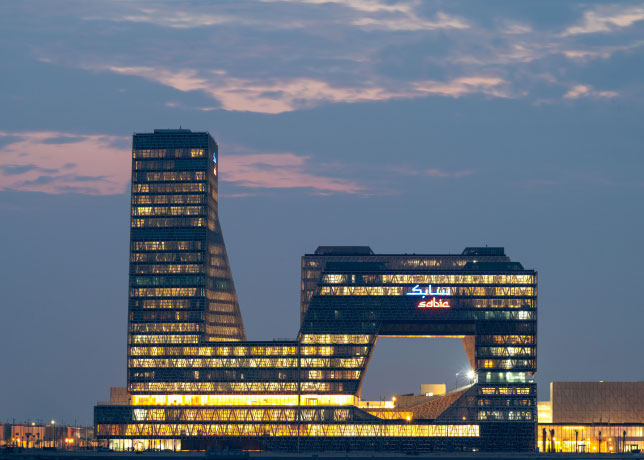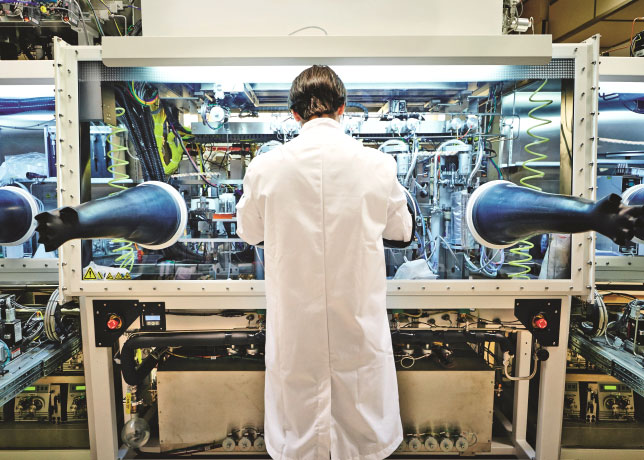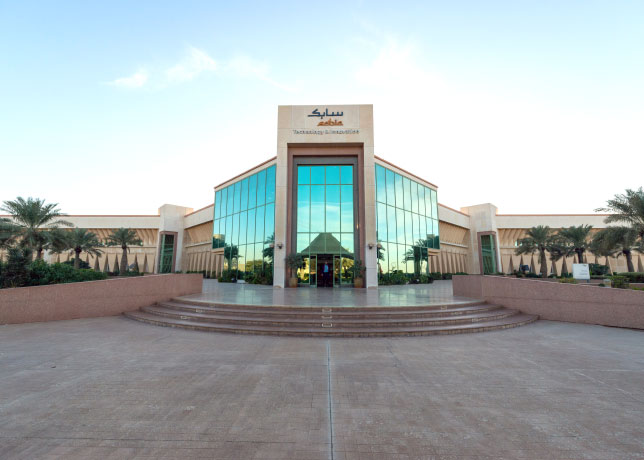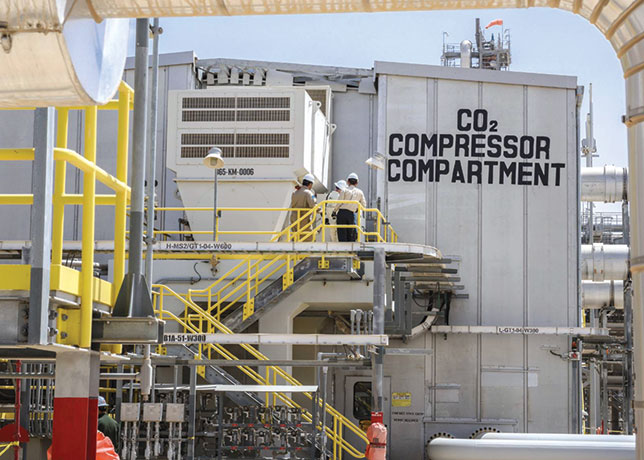 The Hawiyah NGL plant can capture and process over 45 million standard cu ft of CO2
The Hawiyah NGL plant can capture and process over 45 million standard cu ft of CO2
Saudi Arabia is making headlines with its ambitious strides in carbon capture and storage (CCS), surpassing initial targets and setting the stage for unprecedented achievements.
By 2027, the Kingdom's mega CCS hub in Jubail is set to capture up to 9 million tonnes of CO2 annually, paving the way for a grand total of 44 million tonnes per year by 2035.
This aggressive pursuit reflects Saudi Arabia’s commitment to leading the global charge towards a sustainable future.
The vision for Saudi Arabia’s carbon capture journey is deeply embedded in the country's broader climate strategy.
In 2022, Aramco announced the development of one of the world’s largest CCS hubs, located in the Jubail industrial zone. This project is central to the Kingdom's efforts to reduce its carbon footprint and meet its 2060 net-zero goal.
By capturing CO2 from its own operations and those of surrounding industries, Aramco is not only tackling its emissions but also setting a precedent for large-scale CCS projects worldwide.
The Jubail hub is poised to become a landmark achievement in the CCS landscape. Its first phase, expected to be operational by 2027, will focus on capturing 9 million metric tonnes of CO2 per year from Aramco’s gas plants and other industrial sources.
This ambitious project is part of a broader strategy to scale up CCS technology, with a target of capturing 11 million tonnes per year by 2035.
Saudi Arabia’s overarching goal is to achieve a staggering 44 million tonnes per year of CO2 capture by the same year. These efforts underscore the Kingdom's dedication to not just meeting but exceeding its climate targets.
Aramco’s strategic focus on carbon capture aligns with its broader sustainability initiatives. The company's existing CCS infrastructure, such as the Uthmaniyah facility, has already demonstrated significant progress.
Since its inception in 2015, this facility has sequestered approximately 1,570 million tonnes of CO2.
The success of such projects bolsters Aramco’s confidence in achieving its future targets and serves as a critical component of the company’s strategy to mitigate greenhouse gas emissions.
EXPANSION OF CCS PROJECTS & INNOVATION
In addition to infrastructure development, Saudi Arabia is fostering innovation through partnerships and funding initiatives.
For instance, Aramco’s collaboration with Aker Carbon Capture, announced in July 2023, aims to explore modular CCS solutions and strengthen local supply chains.
This partnership reflects a growing trend in the region to integrate advanced technologies and expand CCS capabilities.
In June, Wood announced the completion of the front-end engineering and design (FEED) for the first phase of Aramco’s Accelerated Carbon Capture and Sequestration (ACCS) project in the Kingdom.
Poised to become the world's largest carbon capture hub, the project involves designing new dehydration and compression facilities and more than 200 km of pipeline, aiming to capture and transport 9 million tonnes per annum (MTPA) of emissions for sequestration by 2027, with a goal of 14 MTPA by 2035.
The project, supported by around 200 engineers, is a significant step toward reducing emissions and aligns with global climate goals set by the UNFCCC and the Paris Agreement.
At the International Energy Forum early this year, officials highlighted Saudi Arabia’s significant potential to lead in CCS technology.
The Kingdom's proactive measures, including the establishment of a voluntary carbon market (VCM) and the Greenhouse Gas Crediting and Offsetting Mechanism, demonstrate a robust commitment to environmental sustainability.
These initiatives are designed to incentivise emission reductions and drive the Kingdom’s progress towards its net-zero targets.
Saudi Arabia’s ambitious CCS plans are supported by its advantageous geographical and economic conditions.
The Kingdom benefits from abundant storage sites and lower capture costs due to its significant natural gas reserves and advanced industrial infrastructure.
According to Rystad Energy, Aramco’s CCS hub in Jubail will take advantage of these factors to efficiently capture and store CO2, enhancing the economic feasibility of the project.
STRATEGIC PARTNERSHIPS & REGULATORY FRAMEWORK
The development of the Jubail CCS hub is not only a technological triumph but also a critical component of Saudi Arabia’s broader environmental strategy.
The Kingdom’s efforts to reduce emissions are complemented by its initiatives to boost green hydrogen and ammonia production, which align with its long-term climate goals.
By investing in technologies that enhance the efficiency of carbon capture and storage, Saudi Arabia is setting a global benchmark for environmental stewardship.
Despite these advancements, challenges remain. The need for a comprehensive regulatory framework and robust financial incentives is crucial to expanding CCS capacity in the Middle East and Africa.
Industry experts highlight the necessity for stronger policies to support the growth of CCS infrastructure and drive innovation in carbon capture technologies.
Addressing these challenges will be essential for the region to realise its full potential in combating climate change.
The launch of the Carbon Capture and Utilisation Challenge at the UN High-Level Political Forum in July 2024 further underscores Saudi Arabia’s commitment to innovation and sustainability.
This initiative encourages startups and innovators to develop novel solutions for carbon reduction and utilisation, reinforcing the Kingdom’s role as a leader in the global effort to address climate change.
Saudi Arabia’s ambitious carbon capture goals and ongoing projects reflect a bold vision for a sustainable future.
As the Kingdom continues to advance its CCS technologies and foster collaborative partnerships, it sets a powerful example for other nations to follow.
The success of these initiatives will be a testament to Saudi Arabia’s dedication to environmental stewardship and its pivotal role in shaping the global energy landscape.
In conclusion, Saudi Arabia's proactive approach to carbon capture and storage not only demonstrates its commitment to meeting its climate targets but also positions the Kingdom as a global leader in sustainability.
As Aramco and its partners push the boundaries of CCS technology, the world watches closely, recognising the potential for these advancements to drive significant progress in the global fight against climate change. Saudi Arabia's determination to achieve its CCS targets and embrace innovative solutions will undoubtedly shape the future of environmental responsibility and energy security. --OGN



